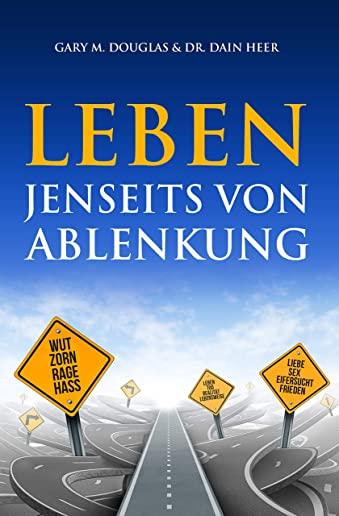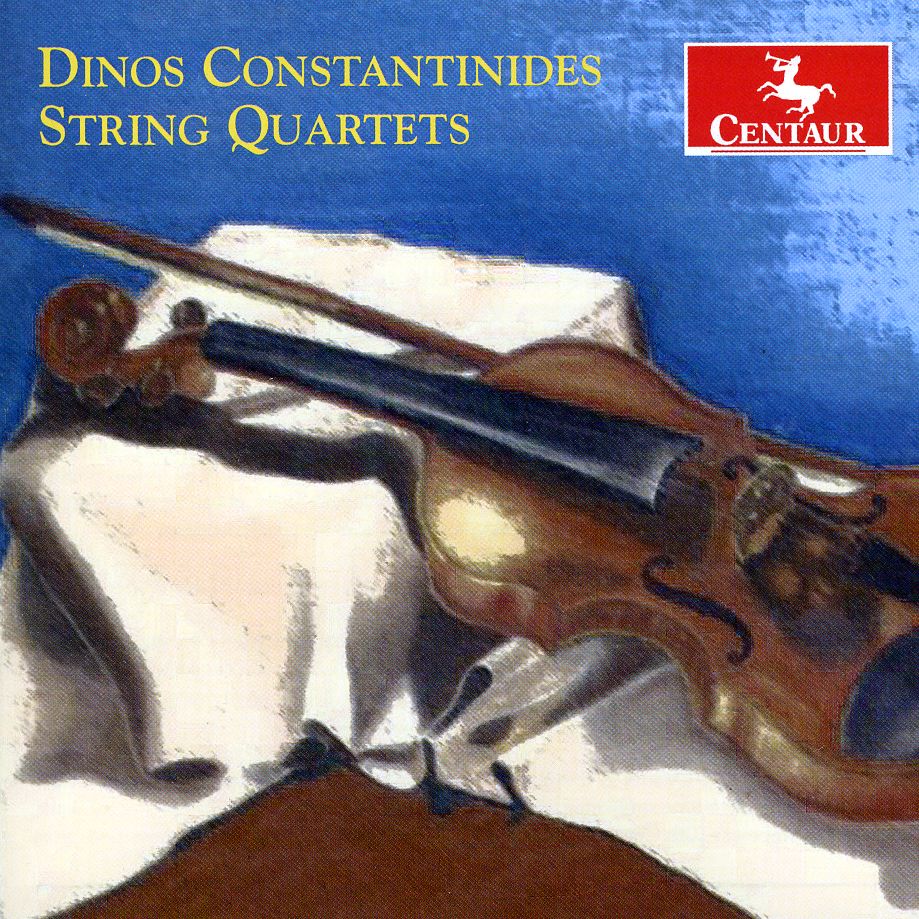
Nietzsche, Friedrich Wilhelm
product information
description
6The most popular of Friedrich Nietzsche's works, Thus Spoke Zarathustra ranks among the most remarkable feats of German literature. A symphony of language, it abounds in every kind of wordplay and an intricate network of leitmotifs. This dual-language edition features one third of Nietzsche's work, keeping the most famous concepts intact and encompassing a variety of moods and modes as well as the author's full linguistic scope.
These selections reflect the most important philosophic concepts in the book, such as the "death of God" (i.e., the bankruptcy of the traditional Christian morality), with the subsequent need for a new morality administered by a more evolved humanity (the Ãœbermensch), and the "will to power." Editor Stanley Appelbaum presents accurate English translations on the pages facing the original German, an informative introduction to the author's life and oeuvre, plus notes throughout the text and brief summaries of the omitted chapters.
Nietzsche's influence on twentieth-century thought is incalculable. Freud is reputed to have developed his theory of the ego from some passages in Zarathustra. The Surrealists and Existentialists admired Nietzsche, and his skepticism made him a model for Postmodernist thinkers. This volume represents an outstanding resource not only for students and teachers of German language and literature but also for anyone with an interest in literature, philosophy, and psychology.
These selections reflect the most important philosophic concepts in the book, such as the "death of God" (i.e., the bankruptcy of the traditional Christian morality), with the subsequent need for a new morality administered by a more evolved humanity (the Ãœbermensch), and the "will to power." Editor Stanley Appelbaum presents accurate English translations on the pages facing the original German, an informative introduction to the author's life and oeuvre, plus notes throughout the text and brief summaries of the omitted chapters.
Nietzsche's influence on twentieth-century thought is incalculable. Freud is reputed to have developed his theory of the ego from some passages in Zarathustra. The Surrealists and Existentialists admired Nietzsche, and his skepticism made him a model for Postmodernist thinkers. This volume represents an outstanding resource not only for students and teachers of German language and literature but also for anyone with an interest in literature, philosophy, and psychology.
member goods
No member items were found under this heading.
listens & views

HOPELESSLY DEVOTED TO YOU / ...
by HOPELESSLY DEVOTED TO YOU / VARIOUS
COMPACT DISCout of stock
$4.49
Return Policy
All sales are final
Shipping
No special shipping considerations available.
Shipping fees determined at checkout.






